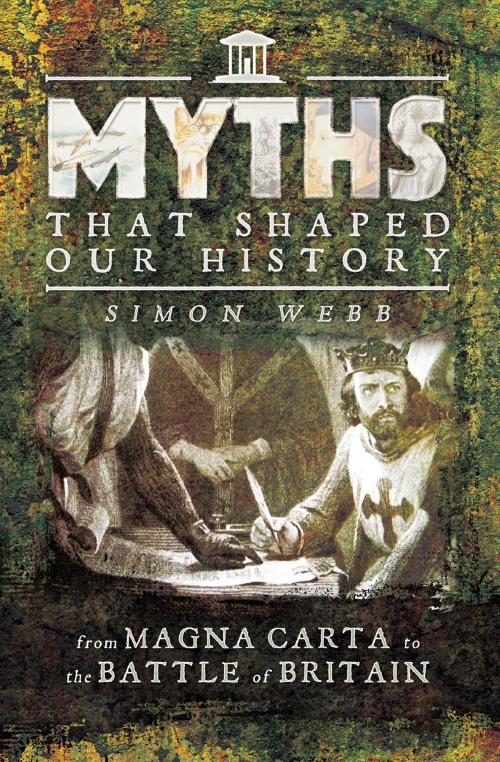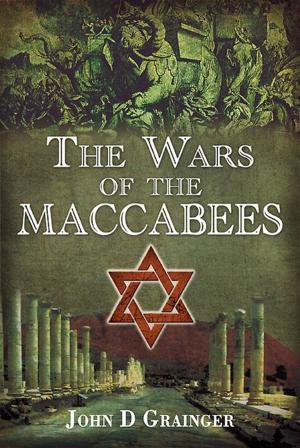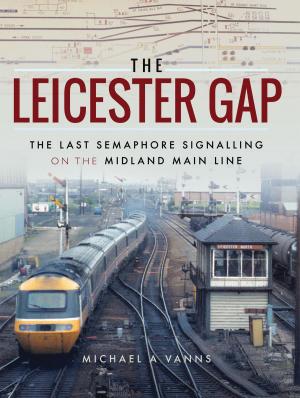Myths That Shaped Our History
From Magna Carta to the Battle of Britain
Nonfiction, History, British, Social & Cultural Studies, Social Science| Author: | Simon Webb | ISBN: | 9781473895959 |
| Publisher: | Pen and Sword | Publication: | October 30, 2017 |
| Imprint: | Pen and Sword History | Language: | English |
| Author: | Simon Webb |
| ISBN: | 9781473895959 |
| Publisher: | Pen and Sword |
| Publication: | October 30, 2017 |
| Imprint: | Pen and Sword History |
| Language: | English |
All nations and peoples have a body of legendary tales and semi-historical episodes which explain who they are and help to define their place in the world. The British are no exception and in this book Simon Webb explores some of the most well-known episodes from British history; stories which tell the British about themselves and the country in which they live.
Examining these events in detail reveals something rather surprising. In every case, the historical facts are greatly at variance with what most British people think that they know about such things as the Battle of Waterloo, Magna Carta, the suffragettes and so on. Indeed, in many cases the reality is precisely the opposite of what is commonly believed. For example, the Battle of Waterloo was not a victory for the British army, Magna Carta did not set out any rights for ordinary people and the suffragettes delayed, rather than hastened, the granting of votes for women.
This book shows that much of what the British believe about their history has been either grossly distorted or is just plain wrong; revealing some of the misconceptions which are held about famous incidents from the nation’s past. In each case, the truth is far richer and infinitely more interesting than the version learned by schoolchildren. These myths, for that is what they essentially are, reveal as much about the way that the British people like to see themselves now as they do about what happened in the past.
All nations and peoples have a body of legendary tales and semi-historical episodes which explain who they are and help to define their place in the world. The British are no exception and in this book Simon Webb explores some of the most well-known episodes from British history; stories which tell the British about themselves and the country in which they live.
Examining these events in detail reveals something rather surprising. In every case, the historical facts are greatly at variance with what most British people think that they know about such things as the Battle of Waterloo, Magna Carta, the suffragettes and so on. Indeed, in many cases the reality is precisely the opposite of what is commonly believed. For example, the Battle of Waterloo was not a victory for the British army, Magna Carta did not set out any rights for ordinary people and the suffragettes delayed, rather than hastened, the granting of votes for women.
This book shows that much of what the British believe about their history has been either grossly distorted or is just plain wrong; revealing some of the misconceptions which are held about famous incidents from the nation’s past. In each case, the truth is far richer and infinitely more interesting than the version learned by schoolchildren. These myths, for that is what they essentially are, reveal as much about the way that the British people like to see themselves now as they do about what happened in the past.















